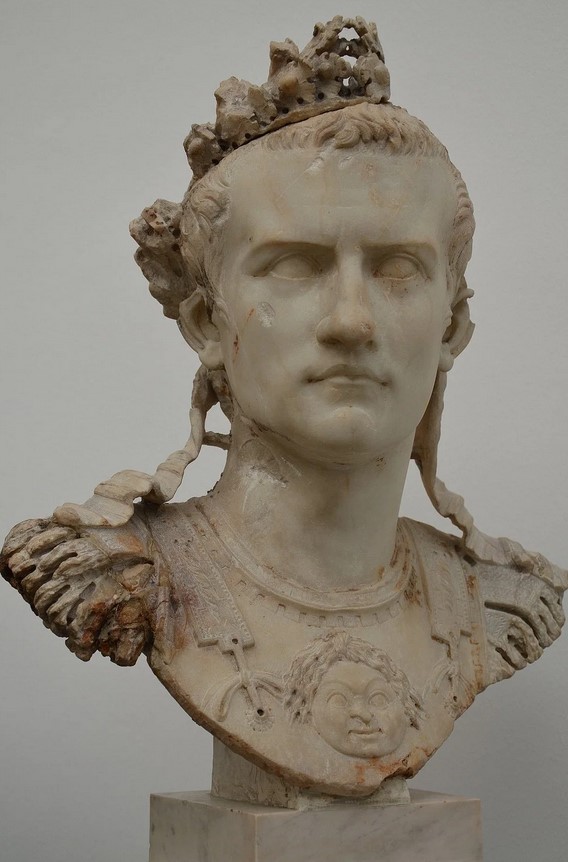
Word of the Day: Plummet
Today’s word of the day, thanks to the Britannica Dictionary, is plummet. Plummet is a verb which means “to fall suddenly straight down especially from a very high place” or “to fall or drop suddenly in amount, value, etc.” (https://www.britannica.com/dictionary/eb/word-of-the-day). It can also be a noun meaning, “a piece of lead or some other weight attached to a line, used for determining perpendicularity, for sounding, etc.; the bob of a plumb line” or “something that weighs down or depresses” (https://www.dictionary.com/browse/plummet).
Interestingly, the noun came into the language first, “late 14c., ‘ball of lead, plumb of a bob-line,’ from Old French plomet ‘graphite, lead; plummet, sounding lead,’ diminutive of plom ‘sounding lead’” (https://www.etymonline.com/search?q=plummet). The verb form is evident in the language in the “1620s, ‘to fathom, take soundings,’ from plummet (n.). Meaning ‘to fall rapidly’ is recorded from 1933, perhaps originally among aviators. Middle English plumben (see plumb (v.)) also meant ‘to plunge downward’” (ibid.).
Plumb has a very similar etymology: “early 14c., ‘a mass of lead hung on a string to show the vertical line’ (mid-14c. as ‘the metal lead’), from Old French *plombe, plomee ‘sounding lead,’ and directly from Late Latin *plumba, originally plural of Latin plumbum ‘lead (the metal), lead ball; pipe; pencil,’ a word of unknown origin; Beekes and de Vaan say it probably is unrelated to Greek molybdos ‘lead’ (dialectal bolimos). It is perhaps a loan-word from an extinct language of the western Mediterranean (based on similarities of words in Berber and Basque). The –b was restored in English after c. 1400” (https://www.etymonline.com/word/plumb#etymonline_v_17489). There are a number of English words whose Latin root had a b but which first entered the language without the b, and then, later, scholars added the b, words like debt and doubt.
I am not a student of Roman history, but I do know the name Caligula (12-41). On this date in 37 AD, “Roman Emperor Gaius Julius Caesar Augustus Germanicus, better known as Caligula (which means “little soldier’s boots”), accepts the titles of the Principate, entitled to him by the Senate” (https://www.onthisday.com/events/march/28). He succeeded the emperor Tiberius, who was, apparently, not very popular. A couple of Roman historians repeated rumors that Caligula smothered Tiberius, but others believed that Tiberius died of natural causes.
Caligula’s rise to power was celebrated for three months (https://en.wikipedia.org/wiki/Caligula). But in the summer of 37, his grandmother, who raised him, died. He also experienced a serious illness that fall. And then his sister, Drusilla, died in June of 38. What followed these events were a series of purges, mostly of those who supported Tiberius.
Caligula’s big thing was building. He built roads and aqueducts. He finished temples that had been begun by his predecessors. He built a racetrack and had an obelisk imported from Egypt and constructed in the middle of Rome. He had two ships built, one a floating palace and the other a floating temple. He spent a lot of money on building stuff for himself and his family. Ultimately, he spent more than he took in, and that was not really good for the Empire. He raised money by auctioning off personal property, slaves, and even gladiators. He sold positions, including priesthoods.
Ultimately, he was assassinated by members of the Praetorian Guard.
Publius Helvius Pertinax (126-193) was also a Roman emperor. He was “the son of a freed slave, Pertinax became an officer in the army. He fought in the Roman–Parthian War of 161–166, where his success led to higher positions in both the military and political spheres. He achieved the rank of provincial governor and urban prefect. He was a member of the Roman Senate, serving at the same time as the historian Cassius Dio” (https://en.wikipedia.org/wiki/Pertinax).
His predecessor, Commodus, was co-emperor with Marcus Aurelius from 177-180 and then emperor by himself from 180 to 192. Commodus’s reign had been peaceful but stressful. He was assassinated on December 31, 192. And Pertinax took his place.
Pertinax tried to institute some reforms, mostly to take Rome back to the way it had been under Marcus Aurelius, but his reign lasted only 87 days. He was assassinated by the Praetorian Guard on March 28, 193 (this date). He was succeeded by Didius Julianus, who bought the title from the Guard, but he was replaced by Septimus Severus and executed on June 1, 193. Severus was declared emperor by the Senate, but Pescennius Niger declared himself emperor, initiating a civil war. Severus then invited Clodius Albinus to be his co-emperor so that he, Severus, could fight the war against Pescennius Niger more effectively. The civil war lasted two years and was eventually won by Severus. And 193 AD is called the Year of the Five Emperors (https://en.wikipedia.org/wiki/Year_of_the_Five_Emperors).
The lesson could be that one should avoid becoming a Roman emperor if one wants to survive to old age, but since there is not a Roman Empire anymore, that would not be a good lesson. Maybe it’s that when people climb too high, they often tend to plummet. Or maybe it is that when a government has too much power, corruption becomes inevitable. Who knows?
The image today is a “Cuirassed bust of Caligula, found in Rome, 37-41 CE. (Ny Carlsberg Glyptotek, Copenhagen)” (https://www.worldhistory.org/image/2401/caligula-with-cuirass/).